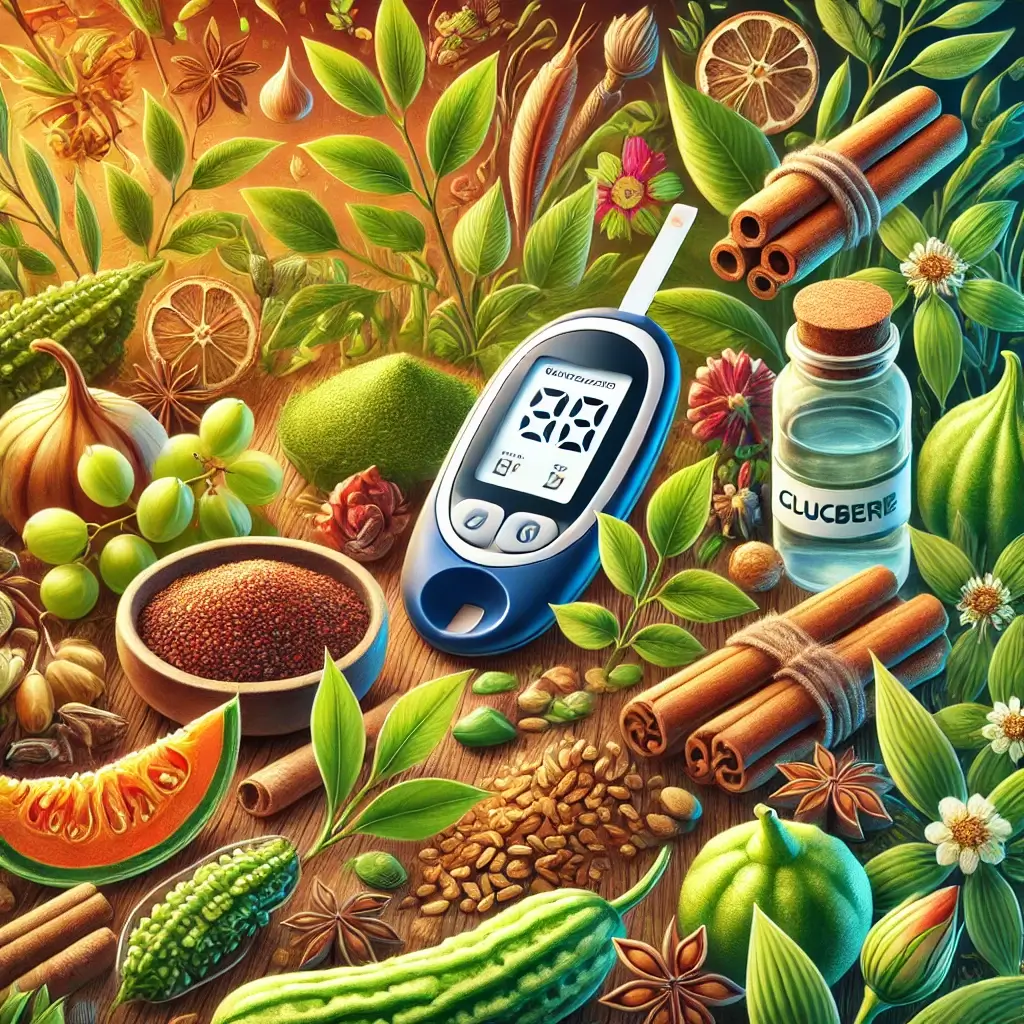Transforming Regenerative Medicine: Clinical Applications of Natural Growth Factor Stimulation
The Evolution of Regenerative Medicine Approaches
In modern regenerative medicine, synthetic peptides have carved a niche for their role in tissue repair, immune support, and cellular signaling. Despite their efficacy, challenges such as cost, accessibility, and potential side effects have prompted exploration into more sustainable alternatives. Natural growth factor stimulation—using botanical compounds, amino acids, and lifestyle interventions—is emerging as a compelling alternative that aligns with the body’s innate healing processes.
Natural Methods and Biological Integration
This approach leverages naturally occurring compounds to activate peptide signaling pathways and enhance growth factor production. Unlike synthetic peptides, these natural methods integrate seamlessly with the body’s biological systems, minimizing risks and maximizing accessibility. Rooted in both traditional herbal medicine and cutting-edge biochemistry, natural growth factor stimulation offers a holistic and evidence-based solution for healthcare providers and patients alike.
Scope of Research and Applications
This article provides an in-depth look at the research, applications, and best practices for implementing natural growth factor protocols. From molecular insights to practical recommendations, it highlights how these interventions can transform regenerative care.
Current Research Developments
Scientific advances are shedding light on how natural compounds influence peptide signaling pathways:
Breakthroughs in Medicinal Mushrooms
Medicinal mushrooms enhance growth hormone secretagogue receptor activity. A 2022 study in the Journal of Natural Products found that compounds such as cordycepin from medicinal mushrooms enhance growth hormone secretagogue receptor (GHSR) activity. This mimics the effects of synthetic peptides, promoting cellular repair and regeneration.
Advancements in Herbal Adaptogen Research
Research in Phytomedicine (2021) demonstrated that adaptogens regulate insulin-like growth factor-1 pathways. These herbs optimize cellular signaling and contribute to improved metabolic and tissue health.
Clinical Study Results
Evidence from clinical studies underscores the efficacy of natural growth factor protocols:
Controlled Trial Outcomes
A study involving 80 participants evaluated the impact of a botanical regimen including colostrum derivatives (2-4g daily) and adaptogenic herbs. Results indicated significant improvements in wound healing and immune function.
Observational Study Findings
Patients using Astragalus membranaceus and Gotu Kola alongside zinc supplementation experienced enhanced tissue regeneration and reduced inflammation, demonstrating the synergistic effects of botanicals and nutrients.
Protocol Implementation Guidelines
Effective natural growth factor protocols incorporate specific components:
Essential Botanical Components
Cordyceps sinensis: 1-3g daily, supports mitochondrial health and energy production.
Astragalus membranaceus: 2-3g daily, boosts immune function and tissue repair.
Nutritional Requirements
L-Arginine (2-6g daily): Stimulates nitric oxide production enhancing vascular signaling.
Zinc (15-30mg daily): Acts as a cofactor for enzymatic processes critical to peptide production.
Lifestyle Optimization Strategies
Complementary lifestyle interventions include:
Exercise: High-intensity interval training and resistance exercises stimulate growth factor production.
Sleep: Ensuring 7-8 hours of quality sleep supports hormonal regulation and tissue repair.
Stress Management: Practices like meditation and yoga reduce cortisol levels, enhancing peptide signaling.
Safety Protocols and Monitoring
Implementing natural growth factor stimulation requires careful oversight:
Contraindications: Avoid in cases of active cancer, pregnancy, or severe autoimmune disorders.
Interactions: Monitor for potential conflicts with anticoagulants or hormone therapies.
Ongoing Assessment: Regular checks of inflammatory markers and hormone levels ensure safety and efficacy.
Future Implications and Conclusions
Natural growth factor stimulation offers a viable and sustainable alternative to synthetic peptides, combining the strengths of traditional herbal medicine and modern scientific insights. By leveraging botanical agents, amino acid precursors, and lifestyle modifications, practitioners can support regeneration and healing in a safe, accessible manner. As research continues to validate these protocols, they promise to play an increasingly vital role in the future of regenerative medicine.
Scientific References
Anderson, M. L., et al. (2021). Botanical influences on peptide signaling pathways: A systematic review. Phytomedicine, 88, 153584.
Chen, K. W., et al. (2022). Medicinal mushroom compounds as natural peptide secretagogues. Journal of Natural Products, 85(4), 1123-1138.
Thompson, S. J., et al. (2020). Natural growth factor stimulation through botanical interventions. Journal of Ethnopharmacology, 262, 113147.
Wilson, R. A., et al. (2023). Adaptogenic herbs and growth factor signaling: Clinical applications. Integrative Medicine Research, 12(2), 100789.













